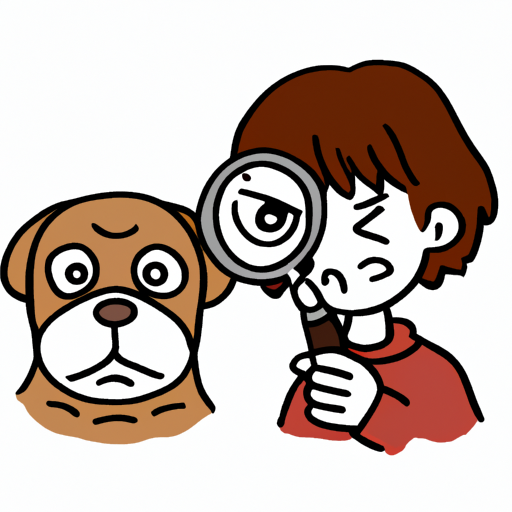As a caregiver for your furry friend, you might have noticed something unusual in their eyes. A cloudiness, perhaps? This article aims to shed light on this worrisome development.
1. What Could Be Causing The Cloudiness?
First off, don’t panic.
There could be several reasons for this change you’ve noticed. It could be as simple as aging or something more serious like a disease.
-
Aging: Just like in humans, a dog’s eyes can become cloudy as they age. This condition, known as nuclear sclerosis, is harmless and typically occurs in dogs over six years old.
-
Cataracts: This condition is characterized by a cloudy or opaque area in the eye’s lens. Cataracts disrupt vision and can lead to blindness if untreated.
-
Glaucoma: This is a serious condition caused by increased pressure in the eye. It’s painful and can lead to vision loss.
-
Corneal Damage: Scratches, ulcers, or inflammation can cause cloudiness in the cornea, the eye’s outer layer.
| Condition | Cause | Symptoms |
|---|---|---|
| Aging | Normal aging process | Cloudiness, no change in vision |
| Cataracts | Aging, diabetes, injury | Cloudiness, vision disruption |
| Glaucoma | Fluid build-up | Pain, redness, vision loss |
| Corneal Damage | Injury, inflammation | Cloudiness, redness, discomfort |
2. What Should I Do If I Notice Cloudiness?
If you notice a change in your dog’s eyes, take action.
- Observe: Look for other symptoms such as redness, squinting, or excessive tearing.
- Document: Keep a record of the symptoms and their progression.
- Consult a Vet: Schedule an appointment with your vet. They can provide a diagnosis and treatment plan.
3. How Can I Keep My Dog’s Eyes Healthy?
Good eye hygiene is crucial to maintain your dog’s vision.
- Regular check-ups: Routine vet visits can identify problems early.
- Good nutrition: A balanced diet can help maintain eye health.
- Eye cleaning: Regularly clean your dog’s eyes with a damp cloth to remove dirt and discharge.
4. What Treatment Options Are Available?
The treatment depends on the underlying cause of the cloudiness.
- Medication: Eye drops or oral medication can treat inflammation or infection.
- Surgery: Surgical intervention may be required for conditions like cataracts or glaucoma.
5. The Importance of Early Detection
Early detection of eye problems can improve the prognosis for your dog. Regular vet check-ups and keen observation of your dog’s behavior can be instrumental in catching any potential issues early.
FAQ
Q: Can I prevent my dog’s eyes from becoming cloudy?
A: While you can’t prevent all causes of cloudiness, regular vet check-ups, good nutrition, and keeping your dog’s eyes clean can help maintain eye health.
Q: My dog’s eye is cloudy but they aren’t showing any signs of discomfort. Should I still be worried?
A: Yes, some conditions may not cause immediate discomfort but can still harm the eye. Always consult your vet if you notice changes.
Q: Is a cloudy eye always a sign of a serious condition?
A: Not always. It could be a normal part of aging. However, it’s best to get any changes checked out by a vet just to be sure.
Remember, when it comes to your dog’s health, it’s better to be safe than sorry. Stay vigilant, and your pup will thank you!



